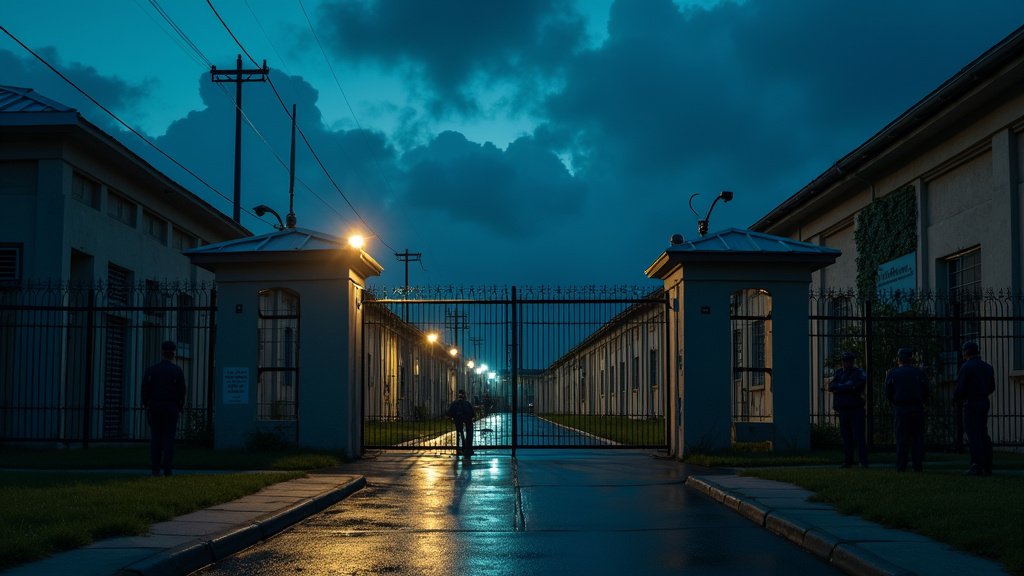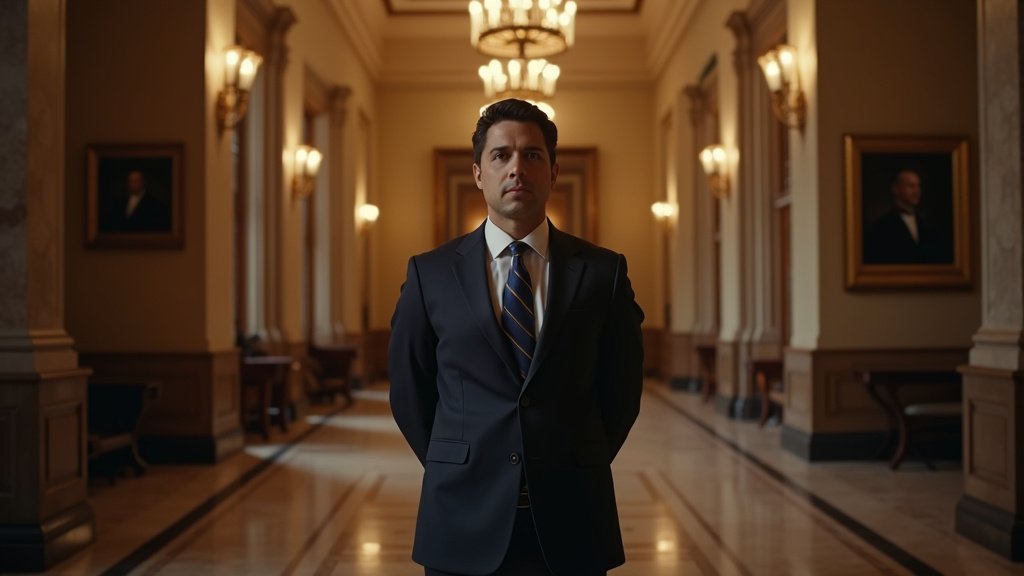Miami-Dade County Mayor is calling for immediate access to and oversight of a facility known as “Alligator Alcatraz,” a move that comes in the wake of a series of disturbing allegations within the county. The Mayor’s demand, reported across local news outlets, including the Miami Herald, signals a proactive response to mounting concerns about potential misconduct and the protection of vulnerable individuals.
The Demand for Oversight
The Mayor’s request for immediate access to Alligator Alcatraz suggests a deep-seated concern about the operations and potential vulnerabilities within the facility. While the specific reasons behind the demand remain largely unconfirmed, the timing and context suggest a connection to recent events that have shaken public trust. The term “Alligator Alcatraz,” though not explicitly defined in official documents, likely refers to a specific location or program within Miami-Dade County’s jurisdiction. The Mayor’s call for oversight indicates a desire to understand the internal workings, assess any existing risks, and ensure the safety and well-being of those involved.
A Climate of Concern: The Recent Scandals
The Mayor’s demand for oversight is, in part, a direct response to a string of unsettling incidents that have come to light in recent weeks. Perhaps most alarming among these is the revelation that a Florida city commissioner allegedly solicited explicit images from a 12-year-old girl. This appalling act, if proven true, would constitute a serious breach of trust and a grave offense against a minor. Such allegations underscore the urgent need for a thorough examination of the county’s policies and protocols for safeguarding children and preventing abuse.
Adding to the gravity of the situation are reports concerning a Miami-Dade deputy who stands accused of sexual abuse of a 17-year-old. The allegations against the deputy, including threats of violence, paint a picture of a profound betrayal of public trust. When those charged with upholding the law become the perpetrators of such heinous acts, it erodes the foundations of community safety and requires decisive action. The Miami Herald’s reporting has brought these issues into sharp focus, contributing to the growing public outcry for accountability and reform.
These separate incidents, though distinct, share a common thread: they highlight potential failures within the system designed to protect the county’s most vulnerable citizens. They call into question the effectiveness of existing oversight mechanisms and raise serious concerns about the culture and accountability within certain corners of Miami-Dade County.
The Significance of the Mayor’s Intervention
The Mayor’s decision to demand access and oversight of Alligator Alcatraz represents a crucial step toward addressing these concerns. It demonstrates a commitment to transparency, accountability, and the protection of the county’s residents. By directly intervening and requesting access to information, the Mayor is positioning the county to proactively identify and address potential issues before they escalate.
The move is also likely intended to reassure the public that the county is taking these matters seriously. In the face of widespread shock and outrage over the allegations, the Mayor’s leadership is essential to restore public confidence and ensure that justice is served. The demand for oversight, when coupled with a thorough investigation, can lay the groundwork for systemic changes that will better protect vulnerable populations from future harm.
Next Steps and Potential Implications
The immediate focus will be on granting the Mayor’s request and facilitating the oversight process. This will likely involve a review of relevant documentation, interviews with personnel, and an assessment of existing protocols and procedures at Alligator Alcatraz. The findings of this review will be crucial in determining the scope and nature of any necessary reforms.
Depending on the specifics of the allegations and the findings of the investigations, there could be significant consequences for those implicated. This could range from disciplinary action to criminal charges. Beyond the individuals involved, the scandals could lead to a broader examination of the county’s hiring practices, training programs, and internal oversight mechanisms.
The incidents highlight the need for stringent background checks, ongoing training on ethical conduct, and clear reporting channels for misconduct. Furthermore, there is a compelling argument for increased transparency, open lines of communication between authorities, and a culture of accountability that deters any type of abuse. The outcome of the Mayor’s efforts will be eagerly awaited by residents of Miami-Dade County. The public expects decisive action to safeguard the well-being of its citizens and uphold the principles of justice and integrity within the community.
In conclusion, the Miami-Dade County Mayor’s demand for immediate access and oversight of Alligator Alcatraz is a direct response to concerning events that have rocked the county. It is a crucial step toward transparency, accountability, and the protection of vulnerable residents. The findings of the investigation into the facility, along with the responses to the allegations, will play a pivotal role in shaping the future of Miami-Dade County and its commitment to justice and safety.





